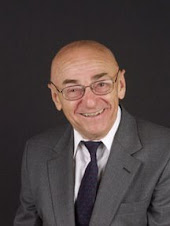For someone generally associated with serenity, Henry David Thoreau can get people riled up. In a
2015 essay in The New Yorker, Kathryn Schulz wrote that the transcendentalist and his work had become “simplified and inspirational,” and that our beatific vision of him “cannot survive any serious reading of ‘Walden,’ ” which reveals a writer “in the fullest sense of the word, self-obsessed: narcissistic, fanatical about self-control, adamant that he required nothing beyond himself to understand and thrive in the world.” Donovan Hohn
counterargued at length in The New Republic, saying that Schulz simply replaced “the distortions of hagiography with those of caricature, and the caricature has been drawn before.”
Many political observers have recently noted the renewed relevance of the essay “Civil Disobedience” with Donald Drumpf moving into the White House, but that’s not the only reason the 19th-century thinker is on our minds. In 2017, if the air at Walden had been really, really health-giving, Thoreau would have turned 200. With the bicentennial arrive several books about the naturalist. (Kevin Dann’s
“Expect Great Things: The Life and Search of Henry David Thoreau” is reviewed on Page 13 this week by John Kaag.) This spring will see a focus on narrow slices of his work, like Richard Higgins’s “Thoreau and the Language of Trees,” and “Thoreau’s Animals,” edited by Geoff Wisner. Robert M. Thorson’s “The Boatman,” about Thoreau’s relationship to the Concord River and alterations made to it during his lifetime, promises what the publisher, Harvard University, calls, “the most complete account to date of this ‘flowage controversy.’ ”
An ambitious new full biography by Laura Dassow Walls, an English professor at Notre Dame, will be published in July — the month when Thoreau officially turns the big 2-0-0.




 Charles Darwin (
Charles Darwin (










